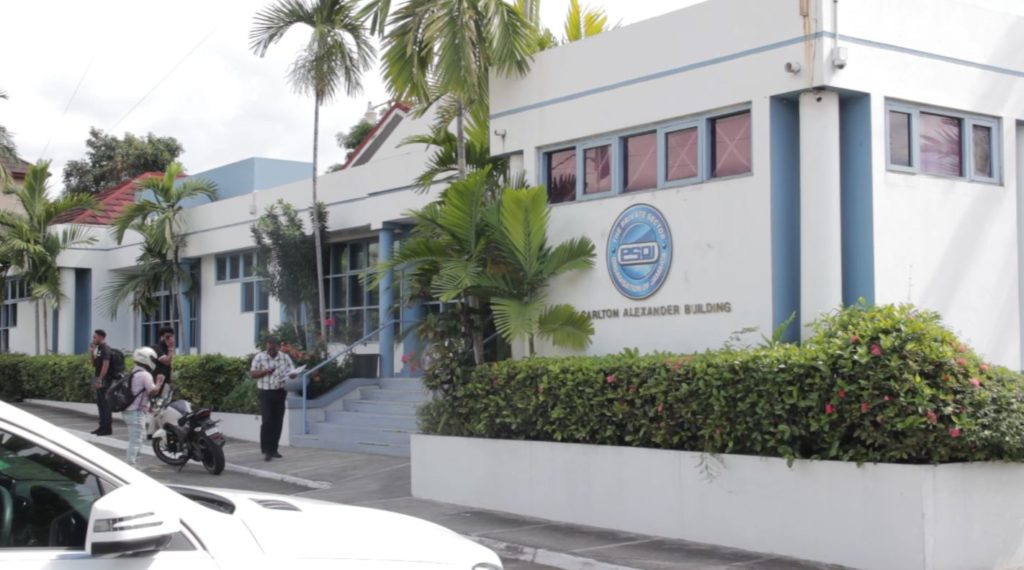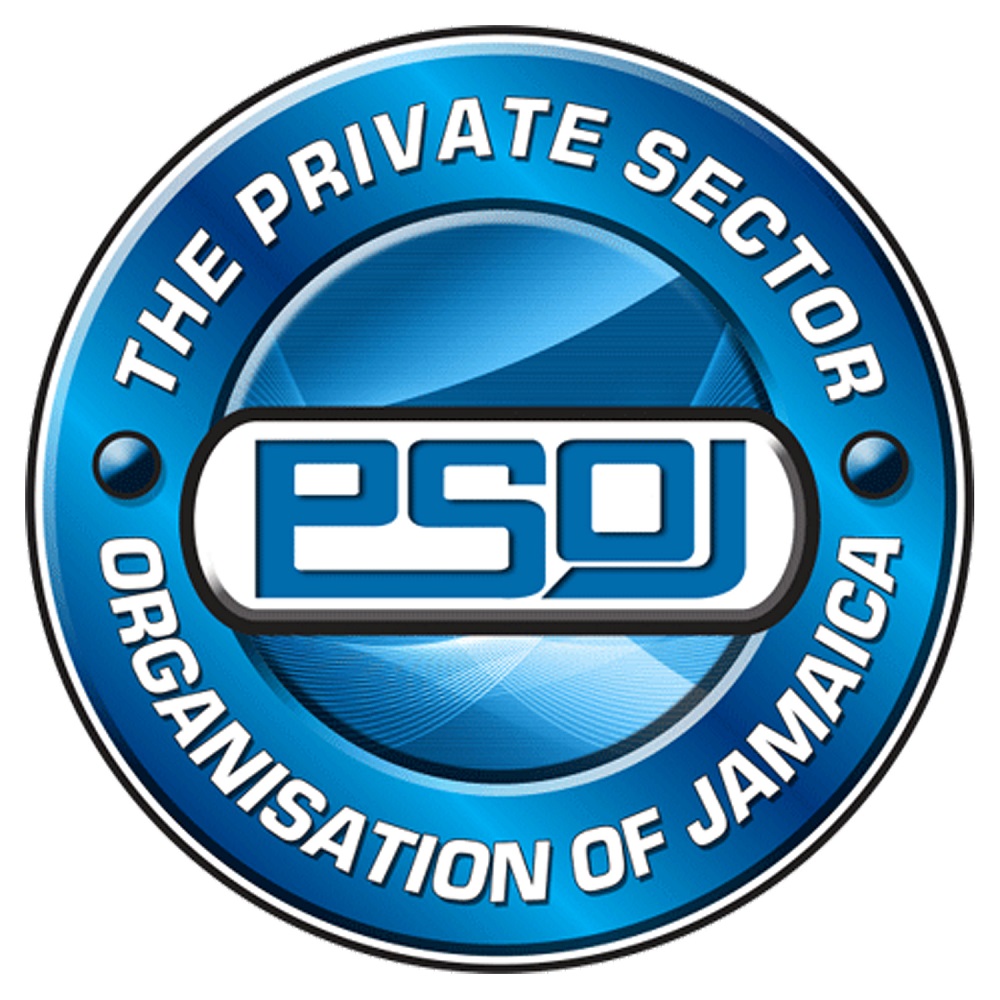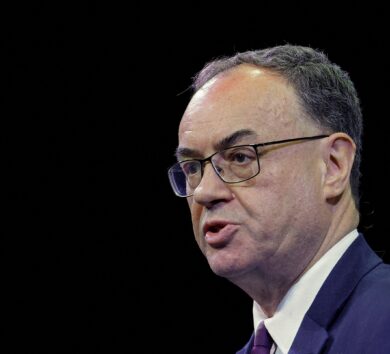

Last month saw sections of the public sector hold the country to ransom, demanding better pay terms.
Both Prime Minister Andrew Holness and Dr Nigel Clarke, minister of finance and the public service, have called for patience as a solution is sought with Clarke announcing that public sector workers will not end up worse off.
It’s a contentious subject, as rising inflation and geo-political tensions give rise to economic instability throughout the world.
“Any negotiation that pushes wages above nine per cent is going to be structural and difficult to correct.”
Theodore Mitchell, member of the Economic Committee of the PSOJ
The Government has said it would like to keep the public sector wage bill to nine per cent of GDP and it now stands at more than 11 per cent, putting even more stain on the expenditure side of the Budget.
At a Private Sector Organisation of Jamaica (PSOJ) virtual forum, held today under the theme ‘Tracking Our Macro-Economic Performance YTD’, the PSOJ’s Economic Committee made a very fulsome presentation with Theodore Mitchell proclaiming: “Yes, we are seeing where growth is positive but risks abound and it is essentially to the down side. The prospect does exist that we could see growth trending below the forecast level because of the high level of uncertainty that exists in the market at this point in time.”

This is the background that sees the Government in dialogue with various arms of the civil service in terms of wage negotiations and terms of employment.
“ Any negotiation that pushes wages above nine per cent is going to be structural and difficult to correct. This means that the Government will have to put corrective measures in place, either cutting capital expenditure or increasing revenue flows, in order to ensure the primary balance is maintained,” added Mitchell.
This has to be considered, given that the Government is committed to reducing debt to GDP by 60 per cent by fiscal year 2026-2027.
Increasing salaries beyond the prescribed figure will have a negative implication for that target.
It is a major concern.

Dr Adrian Stokes, co-chair of the Economic Committee of the PSOJ, made the point that most Jamaicans share the view that public sector workers should be adequately compensated.
“But it has to be done in a sustainable way and it has to be done in an overall transformation programme. The Jamaican people must also receive value for money. We have heard one section of the discussion. The other aspect, which is the value for money, must also be discussed. It’s not just about wages, it’s also about the service the public sector provides the wider economy,” said Stokes.
“I hope as a society we can begin to look at all aspects of our public sector which must include being adequately compensated but also one that is modernised and can compete effectively which means its highly productive and facilitating for all economic activity.“







Comments